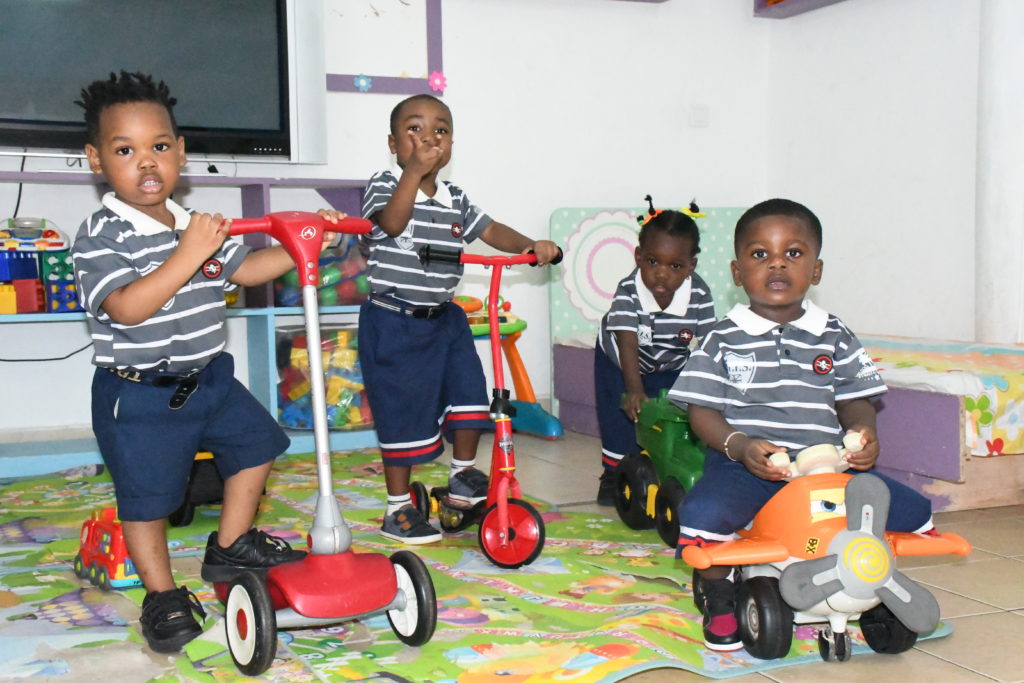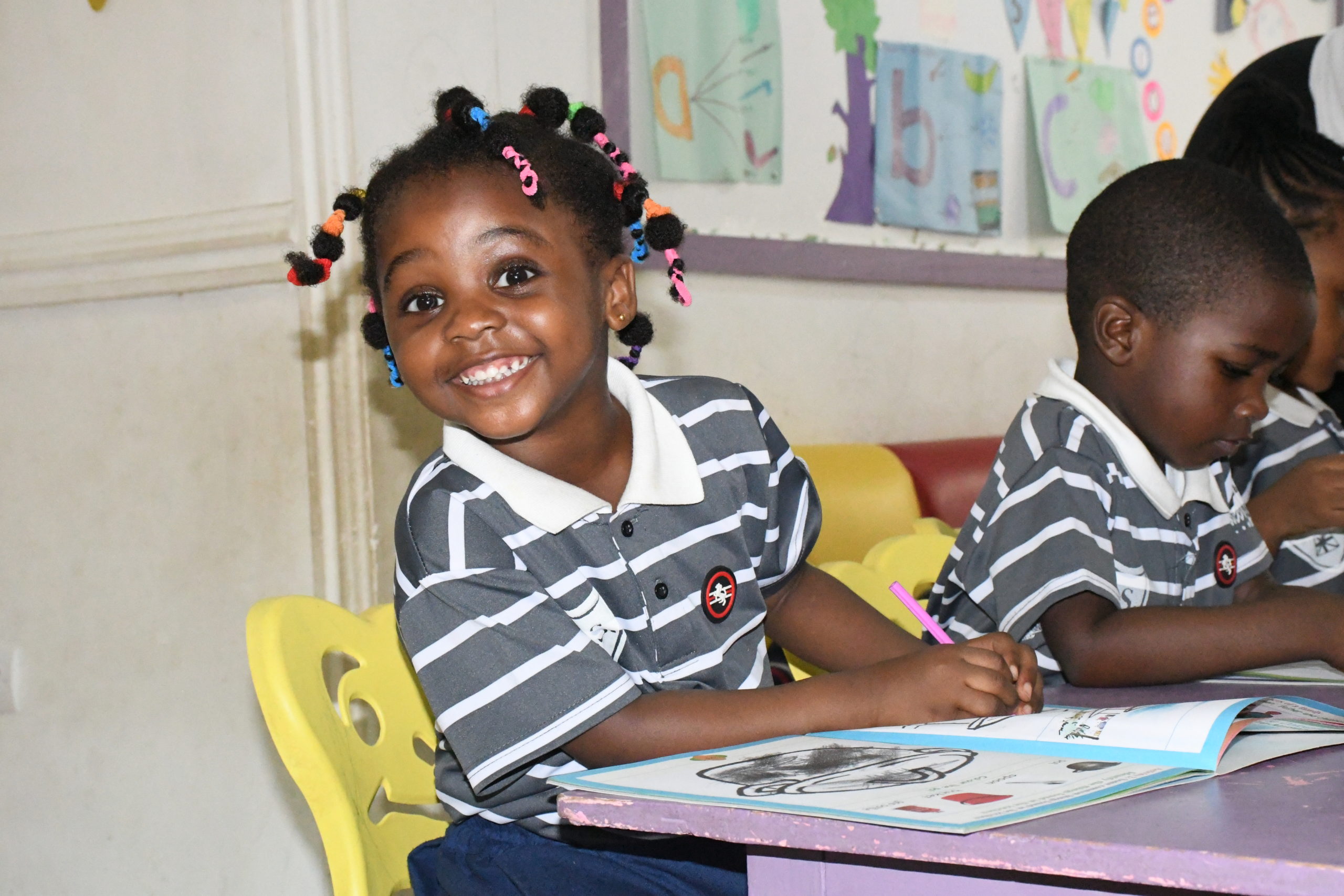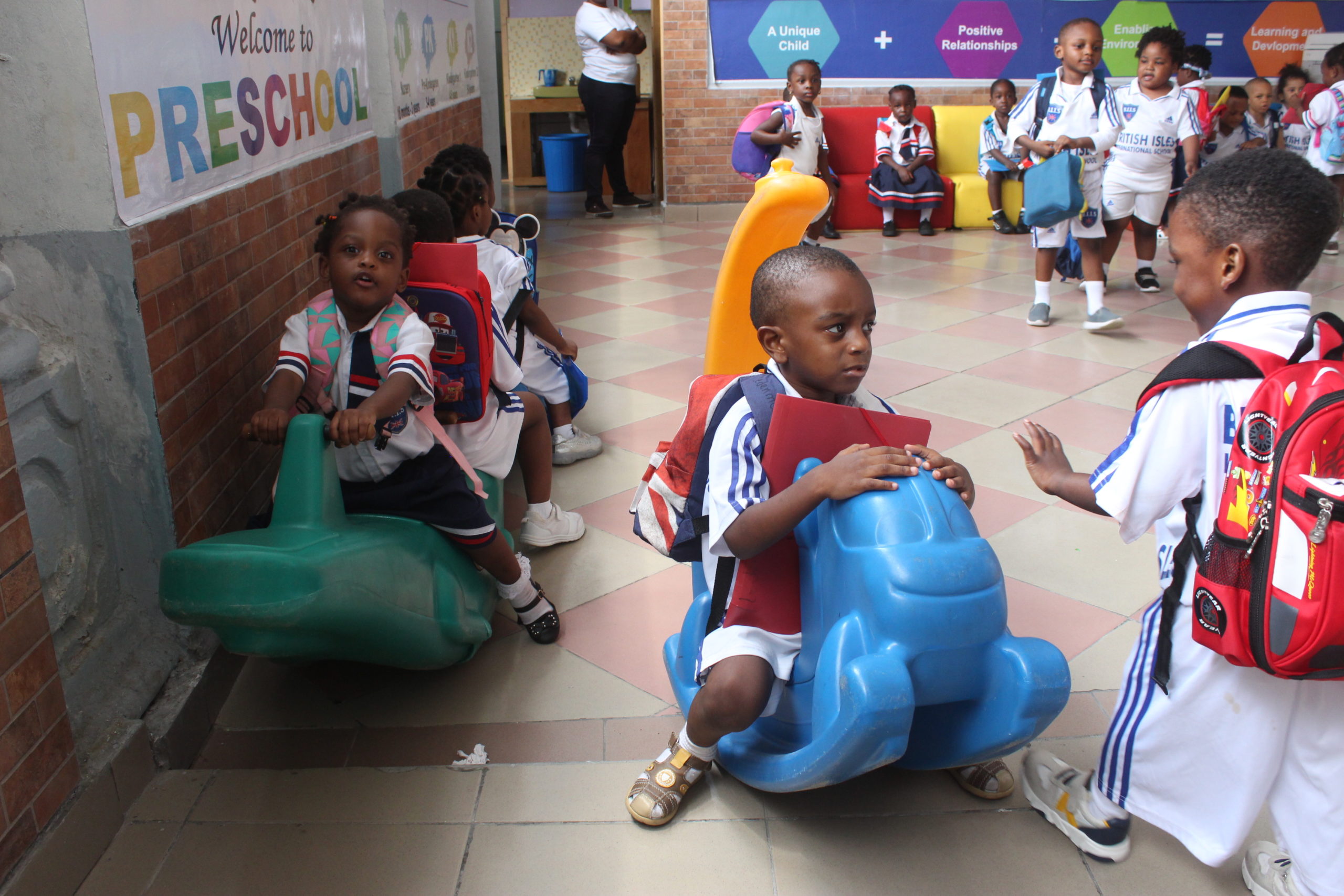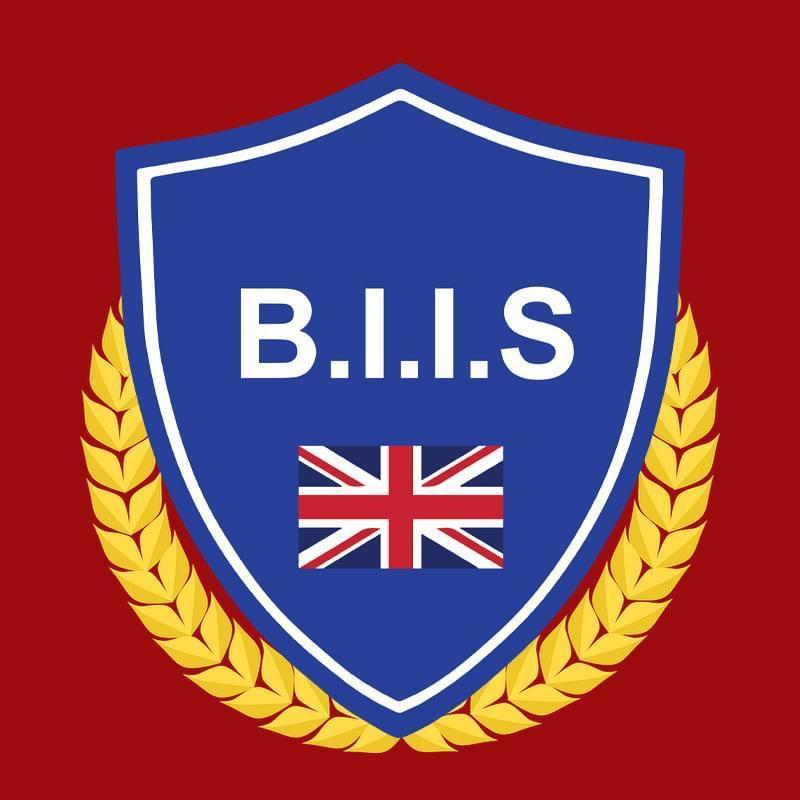BIIS OFFERS THE BRITISH NATIONAL CURRICULUM WHICH WE ADAPT TO OUR LOCAL SETTING
The School follows the Early Years Foundation Stage (EYFS) framework, part of the British curriculum guidance. This means that learning is carefully planned based on organised play and child initiated activities that encourage exploration and self-expression.
Our aim is to develop confident, happy children who are eager to learn and to share their experiences in a safe and secure environment.


Self-discipline, a sense of responsibility, and respect for others are encouraged. Classroom walls are covered with displays of children’s art and craft, as well as pictures on interesting topics and language-based information to help them develop literacy skills.
The classes for One to five-year-olds provide a stimulating and creative environment where young children may experience a wide range of activities which lead into Key Stage 1 of the English National Curriculum.
Curriculum Map For EYFS
- CLL – Communication and Language cover important aspects of language development and provides the foundation for reading and writing. Children are helped to acquire competence in English as soon as possible. Particular emphasis is laid on oral speaking and listening and understanding English.
- L – Literacy is where children are helped to acquire competence in English as soon as possible. Particular emphasis is laid on speaking and listening and in pre-reading and pre-writing activities, including phonics and lots of stories and rhymes.
- M – In Mathematics children are introduced to important aspects of mathematical understanding and are provided with the foundation for numeracy. This is achieved through practical activities and by using and understanding simple mathematical language.


- UW – Understanding of the World teaches Children to acquire a basic knowledge and understanding of their environment, other people and features of the natural and man-made world as well as learning about people, communities and technology.
- PSED – Personal, social and emotional development focuses on children learning how to work, play, co-operate with others and function in a group beyond the family.
- PD. The Physical Development programme aims to help children develop physical control, mobility, awareness of space and manipulative skills in indoor and outdoor environments. Children are actively encouraged to establish positive attitudes towards a healthy and active way of life.
- EAD – Expressive art and design focuses on stimulating children’s imagination and their ability to communicate and express ideas and feelings in a creative
